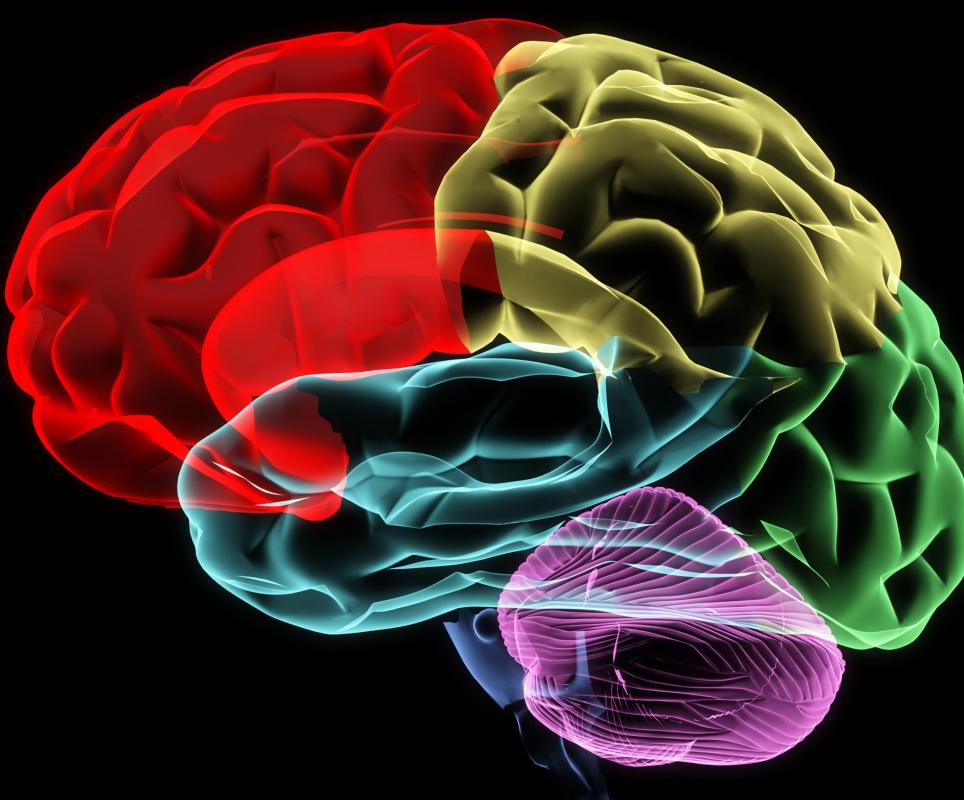At SmartCapitalMind, we're committed to delivering accurate, trustworthy information. Our expert-authored content is rigorously fact-checked and sourced from credible authorities. Discover how we uphold the highest standards in providing you with reliable knowledge.
What Is Cognitive Complexity?
Cognitive complexity is an aspect of personal construct psychology introduced in 1955 by James Bieri. First applied to mental health and psychology patients, the concept was later expanded to cover human-computer interaction and organizational theory. In short, it refers to the ability of a person to perceive and respond to variables based on prior experience and prior developed personal constructs. With regard to human-computer interaction, it refers to the differences between how a human determines relevance and calculates probability versus how computers or artificial intelligence determine similar concepts. Also referred to as the language of thought, the study of such cognition abilities and systems continue today.
To fully understand this concept of cognition as it relates to human psychology, a rudimentary understanding of personal constructs is required. Personal constructs, as understood by modern psychology experts, are the basic mental structures individuals use to interpret and respond to the world. For each set of similar events, an individual develops a particular construct with the ability to adapt to future events that fit within or reasonably close to the construct. How each of these constructs relates, overlaps, and influences the others determines cognitive complexity. An individual who is capable of distinguishing and responding to very subtle nuances between events within the same or similar constructs scores high in terms of this concept.

The study of psychological concepts reveals many theories from a variety of researchers, scientists, psychologists, and other professionals. While theories abound regarding the meaning and measurement of cognitive complexity — both in human psychology and human-computer interaction — certain core beliefs remain the same. Most researchers agree that the complexity of cognition is not a personality trait, but a result of childhood development. Parental, familial, and peer interactions in early childhood influence the development of all personal constructs.

Initially, Bieri referred to theories regarding personal constructs and cognitive abilities as complexity-simplicity. Over the years, as more researchers and students of psychology expanded on the concept, his theories became known collectively as cognitive complexity. Today, the concept focuses on the degree of differentiation, integration, and subsequent articulation within any known cognitive system, be it human, animal, or computer. Regarding human-computer interaction, complexity-simplicity for humans is based entirely on personal constructs and communication skills, while computerized cognition is minimal. Computers are limited to mathematical calculations and logical problem solving to determine relevance and probability prior to determining an appropriate response, and therefore subtle nuances may be deemed irrelevant to a computer.
AS FEATURED ON:
AS FEATURED ON:













Discussion Comments
People who have very complex cognition make the best analysts. This is one of the qualities we look for in employees at our company. An analyst has to be able to look at and analyze individual elements or components of an event and then make connections between them to see the bigger picture. Not just people but organizations also need to do this to function well.
Cognitive complexity is desirable but on the other end of the spectrum, it can make people and organizations dysfunction too, if it's overdone. Sometimes there are situations where we have to make decisions quickly and we don't have time for all the analysis required of cognitive complexity. I know several people in my office who have trouble with this. They are great with long-term research and analysis, but cannot give an answer when faced with a time limit.
@fBoyle-- I'm not an expert but I know that development psychology is about how children develop behaviorally. It's related to cognitive complexity because cognitive complexity is learned in childhood, so it's a part of development psychology.
As children have experiences, they learn to draw conclusions from these experiences to use in the future. If a child is unable to this, cognitive testing and therapy might be necessary.
I think cognitive skills can be taught to some degree in adults, but it's more important to learn these skills in childhood.
What's the connection between developmental psychology and cognitive complexity?
Post your comments